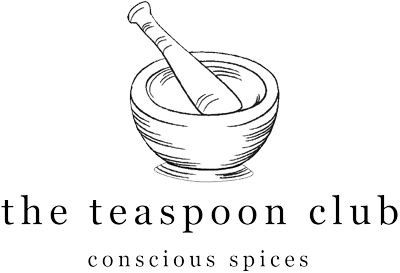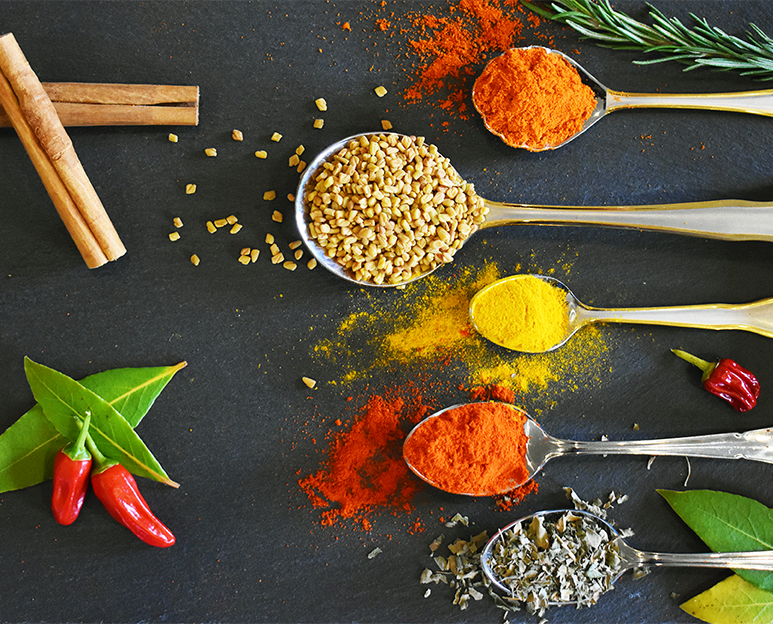It's World Bee Day, and we're bringing you the latest bees-ness
With world bee day on the 20th May, our latest blog has all the bees-ness you need to know. We're covering the latest on bees, and what you can do to help.
What do bees do?
Bees are the most important pollinator of food and crops, as there are more honey bees than any other type of bee and pollinating insect. It's estimated that up to 1/3 of ou will have heard that bee numbers are declining, which is something we should all be worried about! Across Europe, nearly 1 in 10 wild bee species face extinction.the food we eat today has been affected by the pollination of bees along the way. They also pollinate other crops that we rely on enormously, including cotton and flax. They are very effective pollinators, for all kinds of crops in the UK, and our food production really does depend on them. In the UK, pollinators such as bees are estimated to be adding up to £600 million per year to the value of UK crops.
How are bees doing?
You will have heard that bee numbers are declining, which is something we should all be worried about! Across Europe, nearly 1 in 10 wild bee species face extinction.
They're under threat from pesticides, climate change, mites and habitat destruction, all of which are contributing to falling bee numbers across the world. Pesticides can cause disorientation, inability to feed, and even death for bees, with loss of habitat directly contributing to falling numbers too as bees have less access to diverse food sources.
How can we help?
The great news is, there's plenty you can do to help the honey bees. It all starts in your garden, with experts recommending a diverse garden with lots of different flowers from March to October. You can also give bees shelter by letting the grass grow.
Buy local honey! This will (of course) support local beekeepers and their hives, but it will also reduce food miles. You'll also find the flavour will be very distinctive and reflect the flora locally.
Lobby and campaign. Keep up to date on harmful pesticides and be ready to write to your local elected officials to seek bans on any that endanger bees.
Finally, if you are fortunate enough to have the space, think about becoming a beekeeper. You can't get more local honey than that!

Some handy resources:
Friends of the Earth have a bee saver kit, complete with seeds and garden planners to get you started. The Bumble Bee Conservation have plenty of activities for children- brilliant to both educate and generate and interest in caring for bees. Take a look here for their resources broken down by ages.
You can also check out The Pollinators documentary from 2019, which follows migratory beekeepers and their bees across the US.



